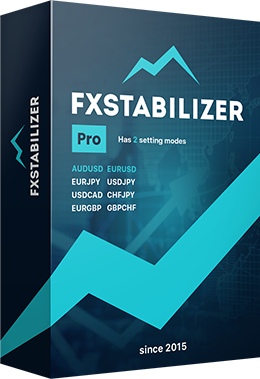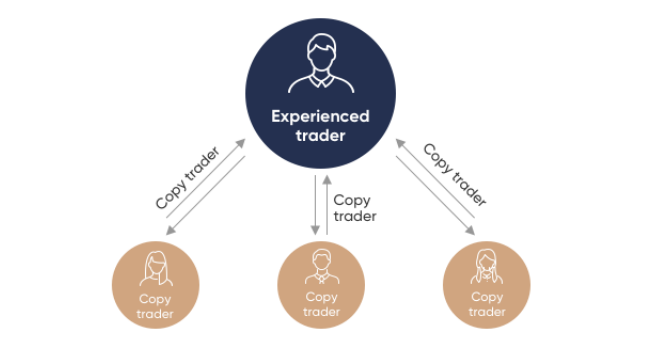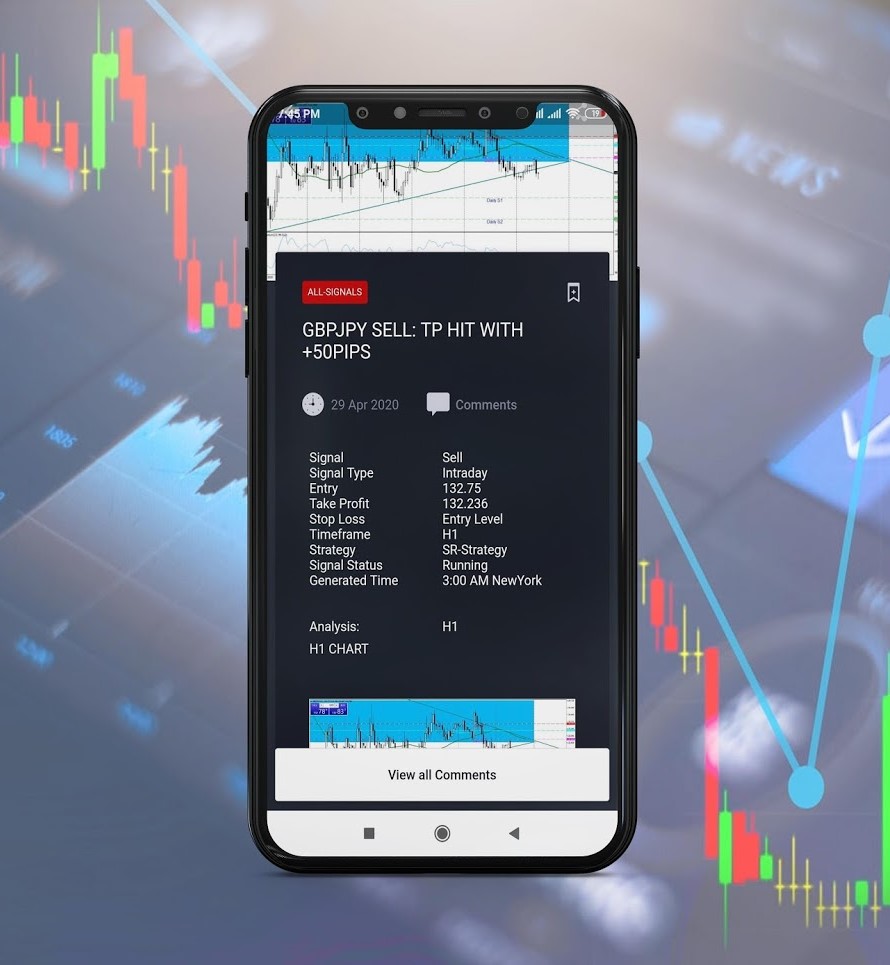The Forex market’s dynamic nature requires a robust trading strategy in place to trade profitably, including currency pairs, time-frames and risk management. Forex traders may also choose to integrate Forex robots, signal services, or copy trading as an accompaniment to their overall trading system.
How do Forex robots compare to copy trading or signal services? Understanding the nuances of each method is crucial for traders to make informed decisions on which method aligns best with their trading style and risk tolerance.
In this article we will look at each method, including the pros and cons, followed by a comparative analysis of the three, providing you with the information to assist your decision.

A Brief Introduction To Forex Robots, Copy Trading And Forex Signal Services
Here is a 30,000 foot view highlighting what a Forex robot, copy trading and a signal service each do and which we will look at in more depth in the coming sections:
| Trading Solution | Description |
|---|---|
| Forex Robot | Forex robots are automated trading software that execute trades based on predefined algorithms |
| Copy Trading | Copy trading is a strategy where traders copy the trades of experienced and successful Forex traders |
| Signal Service | Forex signals provide traders with trade recommendations to enter and exit trades, usually based on analysis by experts or algorithms |
What Are Forex Robots And How Do They Work?
Forex robots, also known as Expert Advisors (EAs), are algorithmic-based trading programs that automate trading on the Forex market by analyzing markets and executing trades based on a set of predefined trading signals and parameters. Forex robots are often purchased as a ready made software product from a developer but advanced traders may chose to build their own algorithms using scripts.
The advantages and disadvantages of using Forex robots
Their are both pros and cons of using Forex robots as part of a wider trading system which we will look at now.

Advantages
- Emotion-free trading: FX robots help to eliminate human emotional biases, making decisions based solely on data and trends.
- Increased efficiency: They can process large volumes of data and execute trades faster than a human trader.
- Consistent trading: Forex bots can be pre-programmed to maintain a consistent trading strategy, vital for long-term profitability.
- 24-hour operation: A Forex robot can operate continuously to take advantage of trading opportunities even when the trader is not at their desk or monitoring the market.
- Customization: Forex traders can customize the parameters of a Forex robot to closer align with a trading strategy.
Disadvantages
- A lack of flexibility: Forex robots may not adapt well to sudden and significant currency market movements.
- Risk of over-optimization: There is a danger of over-fitting an FX robot during back testing with historical data which may not predict future conditions accurately if there is a failure to forward test sufficiently in a simulated trade environment.
- Technical Failures: Software glitches or internet connectivity problems may lead to missed or erroneous trades.

What is Copy Trading In Forex And What Mechanism Does It Use?
Copy Trading bridges the gap between automation and human experience. It is a strategy which allows traders to copy positions taken by usually more experienced Forex traders based on their trading performance and risk profile.
Once a trader is selected, their positions are automatically copied into the investor’s account with the amount invested in each copied trade proportional to the ‘followers’ chosen level of exposure. Copy trading is offered by broker platforms and also through dedicated copy trade services such as ZuluTrade.

Below is a breakdown of the advantages and disadvantages of copy trading
Pros
Simplified Trading: Copy trading is ideal for newcomers to FX trading who can benefit from the experience of seasoned traders.
Diversification: By copying more than one trader it is possible to spread the risk and increase the chance of profitability.
Learning Opportunities: Copy services offer insights into advanced trading strategies and decision-making processes that may otherwise not be accessible to a beginner.
Cons
Dependence on Others: Unfortunately, success in copy trading is tied to the performance of your chosen trader(s).
Limited Control: FX traders employing copy services have less control over individual trade decisions.
Risk of Copying Bad Strategies: There is a small risk of copying FX traders on a platform who are successful due to luck rather than skill.

For more information on copying FX traders, we have written a useful guide about Forex copy trading and how it differs from manual trading
What Are Forex Signal Services And How Do They Operate?
A Forex signal service provides traders with recommendations on when to buy or sell currency pairs. The signals are created based on technical, fundamental, or sentiment analysis and are generated by automated systems or by professional traders. Signals are delivered to traders via a number of conduits including:
- SMS
- Telegram
- Directly on a trading platform.
Each signal usually includes key information such as the currency pair, entry price, stop loss, and take profit levels.

The benefits of signal services
There are three main benefits of Forex signals services:
- Forex signals are time-saving as traders do not need to spend time analyzing the market for trade opportunities as this is done for them.
- Through access to Experts, new traders, in particular, can leverage the expertise of experienced market analysts.
- Diversification is assured as Forex signals can cover a wide range of currency pairs, offering more trading opportunities.
The limitations of signal services
Limitations of forex signals services include:
- There is a reliance on service quality as the effectiveness of trading signals will depend heavily on how accurate the service provider is.
- Delayed execution is a problem due to the time lag between receiving a signal and then executing a trade (which may impact profitability).
- The cost of good quality Forex signal services can be high requiring a subscription fee to receive signals.

A Comparative Analysis
In this section, we have compiled a short comparative analysis as part of our aim to provide well rounded information for you to make informed decisions.
The suitability of each method for different types of traders
Forex robots
FX robots are a good fit for traders with a good grasp of technical and fundamental analysis. They can get the best out of the bot by fine-tuning its settings to align with their trading strategy or changing market conditions.
Copy trading
Copy trading is well suited to newbie traders who can learn from experienced traders and gain insights into advanced trading strategies. It does require careful selection of which traders to copy, as copy trading decisions will directly impact your trading outcomes.
Signal services
Signal providers are suitable for traders who wish to maintain control over trades but lack the time for in-depth market analysis. The method does require a trader to quickly interpret and act on a trading signal received.
Risk and return considerations
Forex robots
FX bots are high risk if the bot is not properly configured. Returns also depend on the algorithm’s ability to identify profitable trading opportunities, which can vary greatly in different market conditions.
Copy trading
The risk in copy trading varies with the trading style and risk profile of the copied trader. The method can offer steady returns, especially when copying profitable traders, but also exposes you to their potential losses and trading errors.
Signal services
Signal services have a risk profile that depends on the accuracy and reliability of the signals. If the signals are consistently accurate there is potential for high returns, however, the risk of placing trades from inaccurate signals can lead to losses.
Final Thoughts
All three of the methods we compare in the article offer unique advantages but also challenges. Important considerations include how they match up to your individual trading style, experience level, and risk tolerance. By carefully considering all the factors we identify, before adding one of these methods to your broader Forex trading system can really open up a path to profitable trading.
Related Resources
Written by Chris Gillie

Chris Gillie is the founder of Axcess FX, a Forex software review and research website. He is a former investment banker who worked in FX Sales on the UBS London trading floor. Chris has been using Forex trading software as part of his trading set-up since the late 2000s and the embryonic days of MetaTrader and the MQL coding language.
